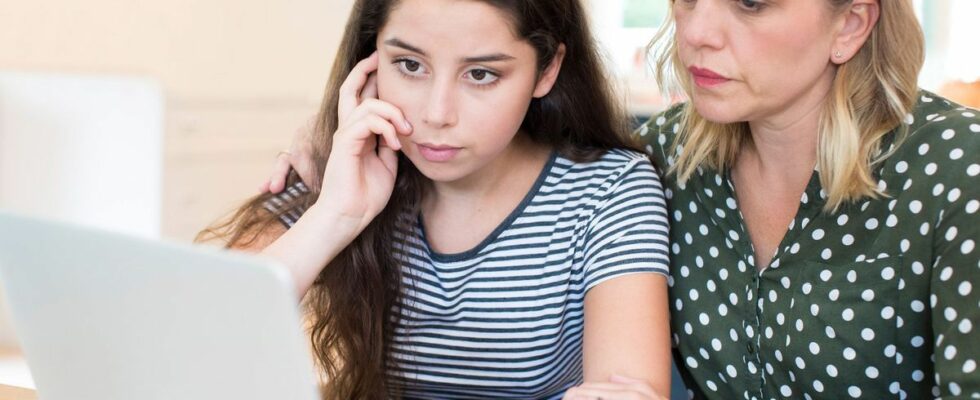Published on
Updated
Reading 2 min.
Social networks are often blamed for all evils. While the debate on the protection of minors online is still debated, President Emmanuel Macron has advocated a ban on telephone use before the age of 11 and social networks before the age of 15. But is banning social media enough to improve the safety of young people and preserve their mental health? A study shows that no.
If social networks, and more broadly screens, are often singled out as being harmful to the mental health of young people, a study carried out by Professor Eiko Fried of the University of Leiden (Netherlands) and Margarita Panayiotou of the The University of Manchester (UK) demonstrates that there is no concrete evidence to support this claim.
According to the results of their study, there is no clear and direct link between the use of social networks and the deterioration of the mental health of young people. Researchers reviewed numerous studies on the topic and found that the results were often contradictory and unreliable. Indeed, many factors can influence the mental health of young people, such as family relationships, schooling, and the social environment. It is therefore difficult to determine with certainty the real impact of social networks on their mental well-being.
“There is no concrete evidence that social media has negative effects on the mental health of many or most young people, which contrasts with some popular science accounts that are not based on facts“, explain the authors in an article.
However, it is important to recognize that the use of social media can lead to problems such as cyberbullying, misinformation, overconsumption and loss of self-confidence due to the use of filters and body dysmorphia. However, it should be noted that these problems are not new and that similar accusations already existed in the era of television and radio as propagators of bad influence.
“The main difference between experiences on social media and traditional media or school is that young people were not banned from the latter. Rather, we have focused on implementing and evaluating initiatives that equip young people with important skills to help them manage their world“, explains the researcher.
The key to better mental health? The entourage
The authors of the study therefore propose solutions to help young people use social networks in a healthier and more responsible way. First, they recommend that parents and educators talk to young people about the potential risks of using social media and encourage them to think about their use. The establishment of social media education programs in schools, to help young people develop digital skills and understand social networks, is recommended. Finally, they encourage social media platforms to take steps to combat cyberharassment and misinformation.
A ban on social media could have unintended negative consequences, says Professor Eiko Fried. When researchers actually talk with young people about their experiences, they find that while social media can be difficult for them, they also serve as important systems of peer support, resource exchange and destigmatization, studies show. . Body positivity and mental health awareness are just two of the many topics covered.
The researcher focuses on LGBTQ+ youth, “a particularly vulnerable group in terms of mental health and suicide risk“, who highlighted the importance of certain aspects of social media for finding comfort and connecting with others.

